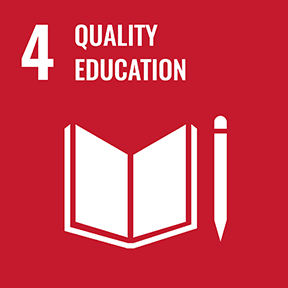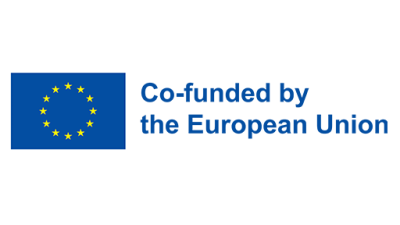Project
Future working life skills through simulation
Project sponsors

Project objectives
The project's goal is to address the evolving future skill needs of the workforce in Central Finland by increasing simulation-based learning in educational institutions and companies. There is a recognized skills gap between education and working life, where education does not always meet the requirements of the fast-changing demands of the workforce. This gap is evident, for example, in the uncertainty of vocational education graduates about their skills when transitioning to working life, and the challenges faced by those returning to work in keeping up with a digitalizing environment. This skills gap can be narrowed through simulation-based learning, which is used to acquire various working life skills in different professional fields.During the project, the pedagogical competence of vocational and higher education teachers and guidance professionals in simulation-based learning will be developed and strengthened, with a focus on comprehensive learning facilitation.
Simulation-based learning is practical and experiential. It replicates real-life situations or processes and allows learners to acquire diverse work-life skills in a safe environment. High-quality simulation learning requires strong competence in simulation pedagogy and advanced facilitation skills that combine subject expertise, pedagogical knowledge, and learning technologies.
Target Groups
The primary target group of the project includes vocational education teachers, higher education lecturers, and staff working in teaching and guidance roles in educational institutions in Central Finland. In addition, the target group includes companies, public organizations, and foundations that either utilize or plan to utilize various approaches to secure a skilled workforce. The indirect target group consists of adults developing their skills, including company employees and entrepreneurs.
Project Implementation and expected results
The project places special emphasis on diversity, inclusion, and equity. This means considering special groups—such as students with immigrant backgrounds, those in preparatory education for qualifications (TUVA), and others facing learning challenges—when designing and implementing simulation exercises.
Teachers and guidance professionals will be trained to design, implement, and facilitate simulation-based learning scenarios across various fields, such as social and healthcare, business, education and guidance, and technical industries. The participating teachers and guidance professionals will carry out simulation training pilots with their student groups in cooperation with local working life actors (companies and third-sector organizations). These simulation activities will focus not only on practicing professional skills but also on strengthening generic work-life skills, such as interaction and communication, digital literacy, and sustainability competence.
The project outcomes can be widely applied across various sectors, both in education planning and in working life, supporting companies and organizations in the development and recruitment of skilled personnel.
The project is coordinated by Jamk University of Applied Sciences and implemented in collaboration with the Jyväskylä Educational Consortium Gradia.
Contact
Heini Ikäheimo
Project manager
firstname.surname@jamk.fi
+358 50 535 9801
